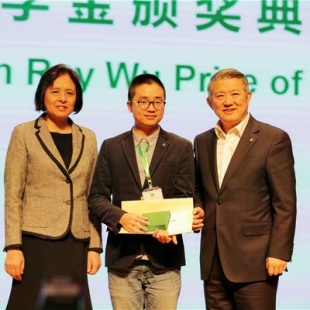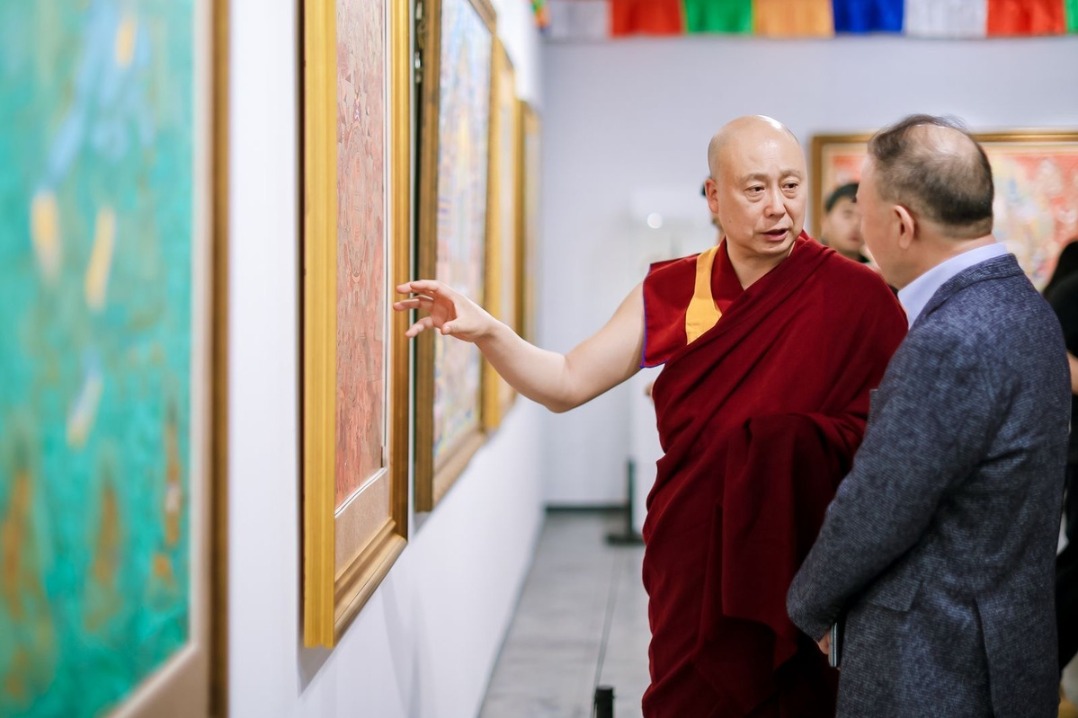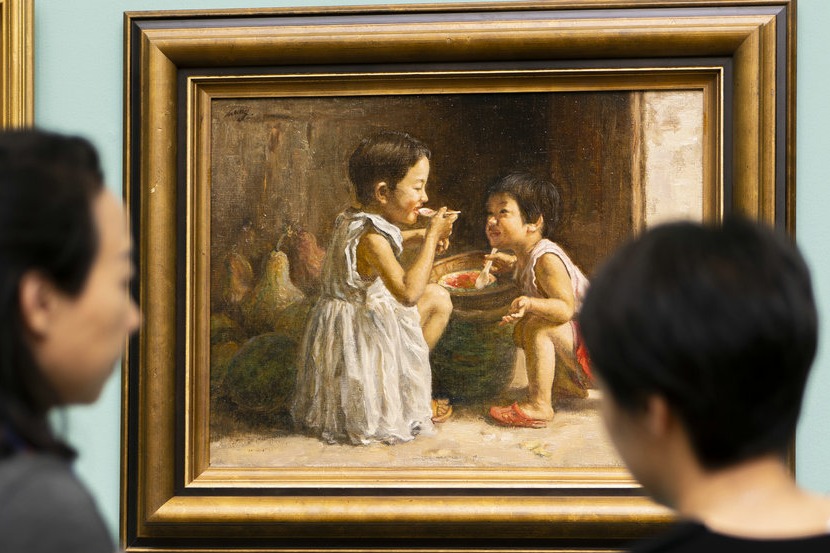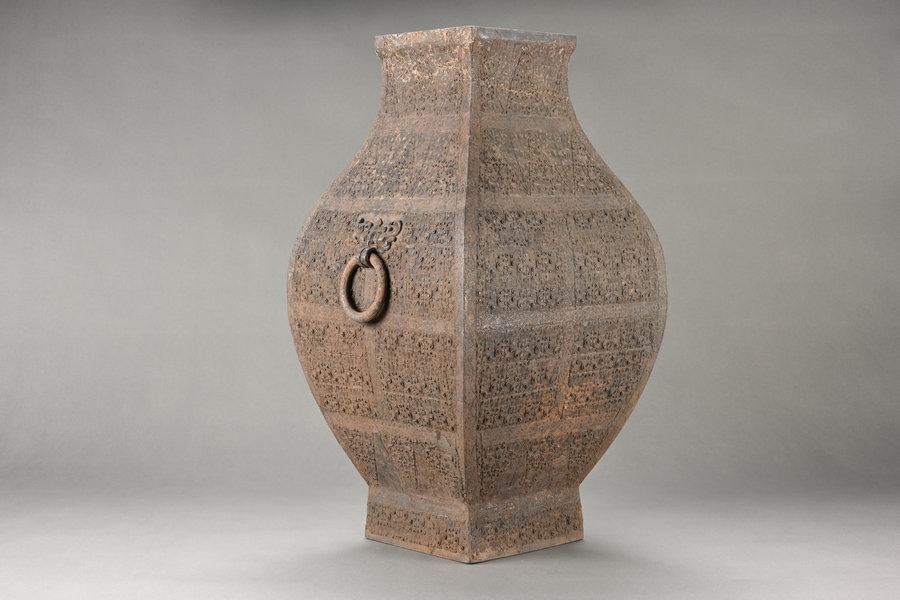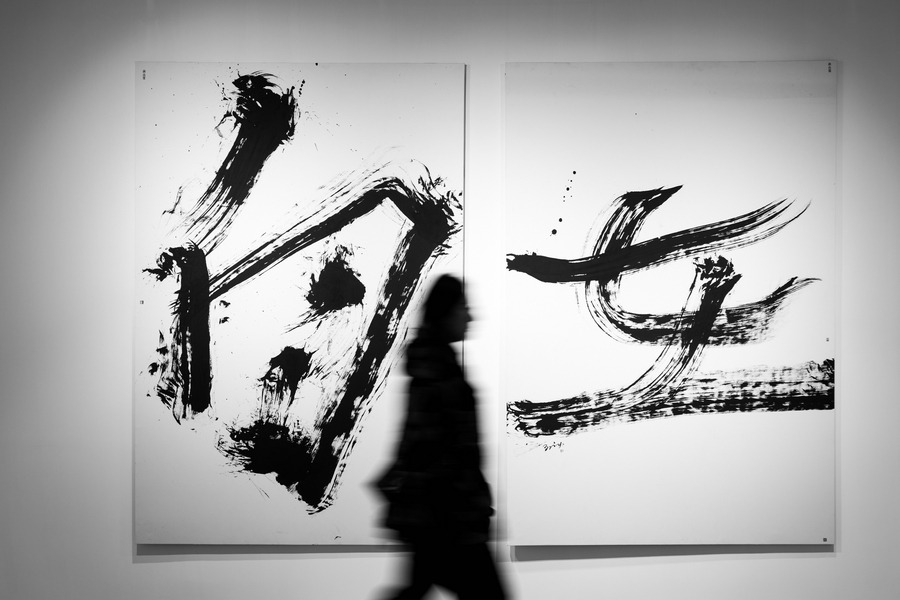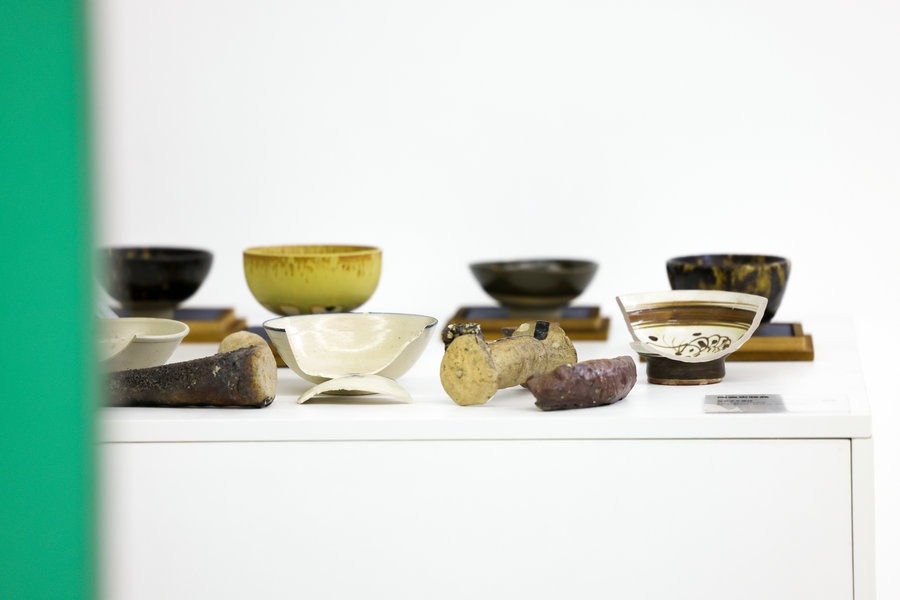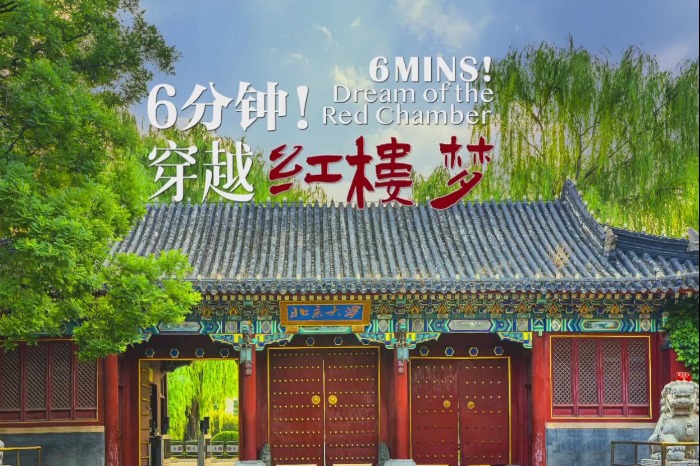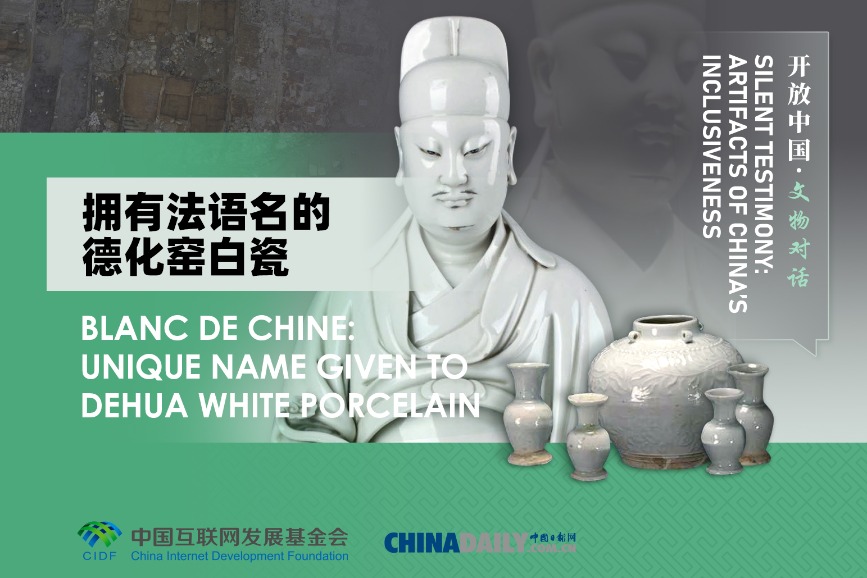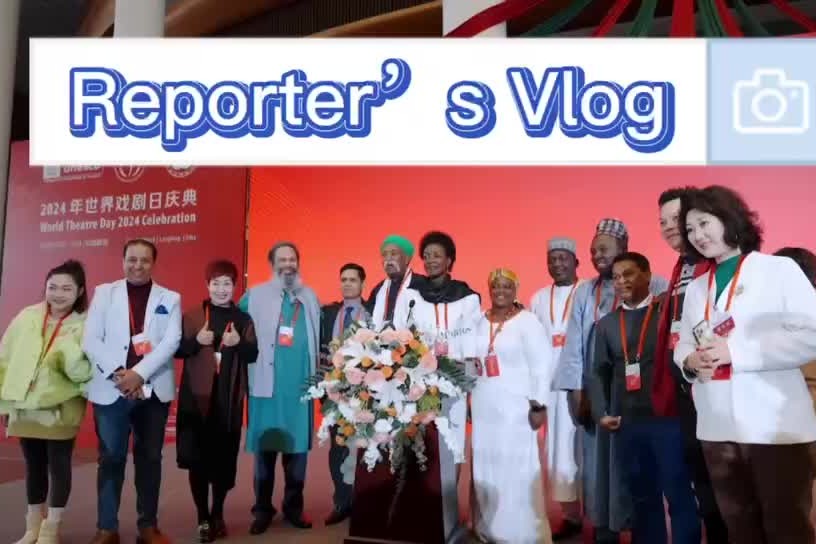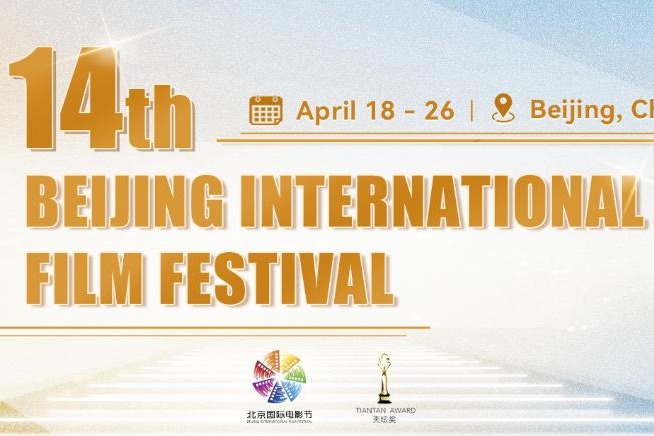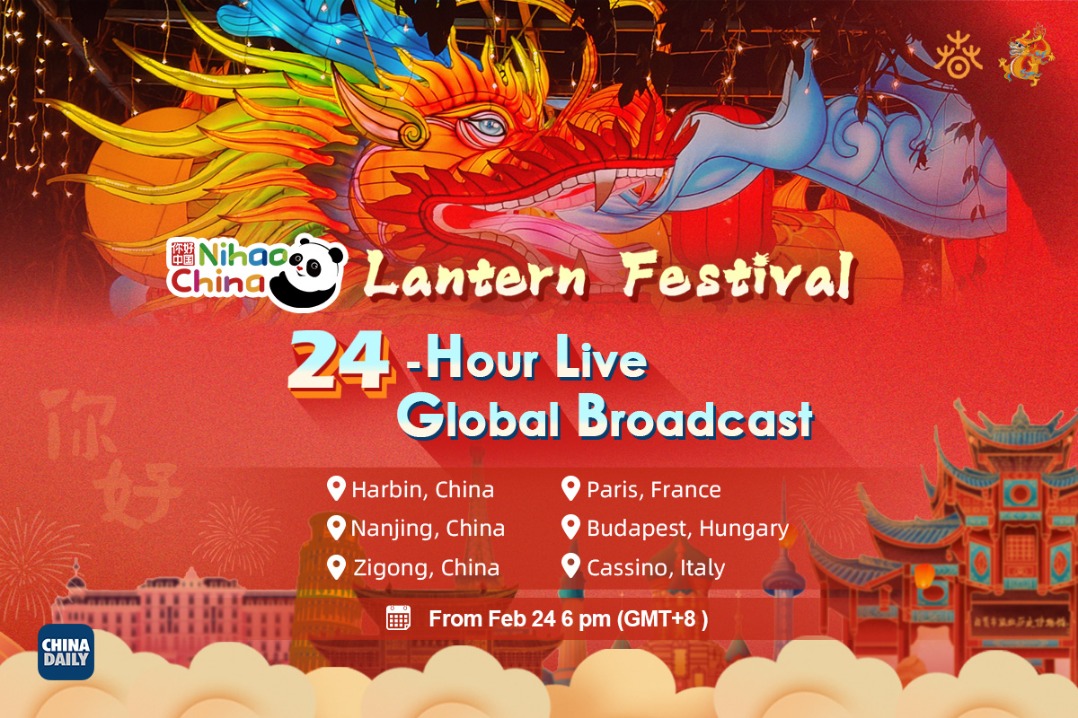Ray Wu Prize 2018 awarded in Beijing

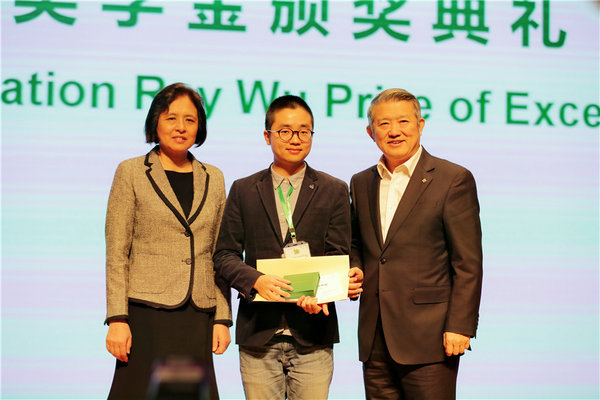
The Ray Wu Prize 2018 was recently awarded to 10 PhD candidates from China and Singapore for excellence in life-sciences research.
The award was presented at Taikang Business School in the Zhongguancun Life Sciences Park in Beijing.
"We hope to recognize students who are passionate about scientific research, with qualities such as innovation, independent thinking and dedication-students with great potential to become next-generation leaders in life sciences," says judge Sun Xiaohong, who's also Lew and Myra Ward chair and a member of the Oklahoma Medical Research Foundation.
"Published papers are not necessarily the most important standard," she adds.
Since 2009, 102 winners have received the prize. They are granted $3,000, a medal, a certificate and a citation by the Ray Wu Memorial Fund. The fund helps winners to not only develop their scientific careers but also offers spiritual support throughout their research journeys, which can be difficult.
Hu Jiazhi, one of the winners in 2012, is now a researcher with the School of Life Sciences at Peking University.
"We are a family. The interviewers for the prize have become our mentors. Every new Ray Wu Prize winner is a new hope. We help and inspire each other, moving forward together," Hu says.
Wu was an outstanding Chinese scholar in life sciences. He developed the first method to sequence-and some of the fundamental tools to clone-DNA in 1970.
"Subsequently, he developed many methods used in molecular cloning and recombinant DNA," says Sun.
"In the mid-1990s, Wu and his group genetically engineered and successfully field-tested pest-resistant rice plants, marking the first time that useful genes could be successfully transferred from a dicotyledonous potato plant to a monocotyledonous rice plant," she explains.
Wu also dedicated his life to fostering young biologists.
There were few opportunities for Chinese to study abroad in the 1980s, in the early stages of the reform and opening-up.
Wu initiated the China-United States Biology and Biochemistry Examinations and Applications Program. Over eight years, more than 400 biology students from China arrived in the US to pursue PhDs through the CUSBEA Program, including Sun Xiaohong and Wu Hong, who's now director of the School of Life Sciences at Peking University.
The Ray Wu Memorial Fund was established when Wu died in 2008. It was supported by "private donations from his students, who had benefited directly and indirectly from his tireless efforts in fostering the younger generation of scientists, as well as his longtime friends", Sun says.
"The mission of the fund is to carry on Dr Ray Wu's legacy of supporting young scientists and promoting biological sciences in Asia."
Wu was born in Beijing in 1928. Both of his parents, Hsien Wu and Daisy Ye Wu, were biochemists who worked together on the first nutrition textbook in China-a book that was still used in the 1990s. His father, Hsien Wu, was a prominent protein scientist and a founding father of the biochemistry discipline in China.
Hsien Wu was one of the first Chinese students to study in the US in the early 20th century. He graduated from MIT and was further trained at Harvard University under Otto Folin, with whom he co-developed the Folin-Wu method to assay blood sugar, the first of its kind in the world. After returning to China, he became head of the biochemistry department at Peking Union Medical College in 1924.
Ray Wu went to Yenching University for two years. The family moved to the US in 1947. Like his father, Ray Wu also chose life sciences as his profession and obtained a PhD in biochemistry from the University of Pennsylvania in 1955. He joined Cornell University in 1966 as an associate professor of biochemistry and molecular biology.
He won the Frank Annunzio Award-which recognizes innovative research by Americans, who devote their careers to improving the lives of humankind through their work in science and technology-in 2002. He also received the Outstanding Faculty and Staff Award from the College of Agriculture and Life Sciences in 2005.
Ray Wu's son, Albert, says his father was a humble, self-disciplined and diligent scientist, who was keen to make plans. He kept diaries, highlighting key words and reviewing them from time to time, to help him to think about, and better realize, those plans.
On a diary page, Ray Wu had listed nine reasons why he deeply appreciated and felt grateful about his life, including "good health", "a wonderful family" and "a good job".
His parents' values exerted great influence on Ray Wu, including the importance of education.
"He was also very optimistic," Albert Wu says.


